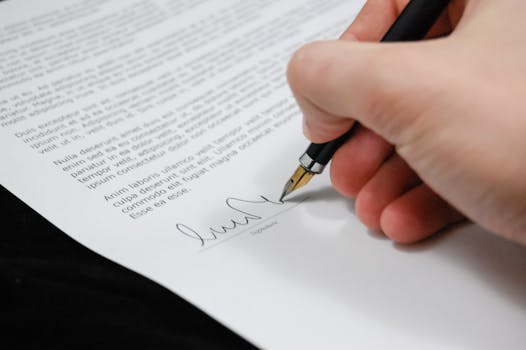Is There an Internet Copyright?

Everything you need to know about copyright.
What is Copyright?
It legally protects the creator or writer of an original work. The protection given is wide and pertains to original drama, sculptural works, literary piece such as fiction, non-fiction books, poems, music and lyrics, choreography and pantomimes, moves and audio visual recordings, sound recordings, photography, graphic, architecture, and anything that has to do with artistic works.
Does this law includes the internet?
The current laws regarding the internet was done by the legislation or the court and the copyright law is one of them. This means, the law also includes the internet. So, anybody who breaks this law is not just violating the federal law, but expose oneself to criminal and civil liabilities.
Copyright only applies to physical forms of self-expression. A good example is writing down a concept on anything like a story. Once expressed in concrete form, the work does not have to be published to make the creation yours since you were the one who thought about it. But if you made the concept for a company you work with, the work belongs to the company. This is called unregistered copyright and it is shown with a c designation. Therefore, the unregistered copyright holder may do anything he/she desires like selling, performing or reproducing the work. You now have the right to file a legal case for a directive to disallow the use of the material you created.
Filing a lawsuit.
Get an Intellectual Property lawyer who will represent you in court, but before filing a lawsuit for copyright infringement, the material has to be duly registered at the Copyright Office. The Copyright Office in the U.S. is part of the Library of Congress. All records of copyright registration in the country remains at the office that includes a Copyright Catalogue. Creator or writer must file an application fee and pay the stipulated amount. Once this is accomplished, a designated circle r symbol shows the work is duly registered and officially copyrighted. The creator or writer now has the lifetime sole control of the material. The registered copyright is acknowledged for another 70 years even after the death of its creator or writer.
Copyright is no different from owning a property, it can be assigned to another person as owner by means of a last will and testament.
Now, the person can enjoy the following rights:
- The right to display the work publicly,
- to perform the particular work,
- to copy, distribute, reproduce,
- and to create works that are based on the original work.
Are there exceptions?
The materials used for researching, teaching, criticism, news reporting or parody, and commentary are exceptions to the rule.
Final thoughts.
When the material is registered and copyrighted, it is now in the government record and they are protected by the Federal Copyright Act. The copyright holder has the right to file a copyright infringement case, seek for injunction, financial damages and lawyer’s fees.
